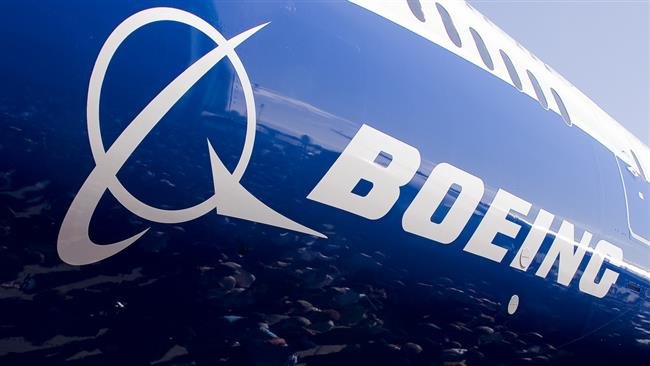Boeing offers details on Iran deal, saying all was done legally

The Boeing Company on Thursday offered new details on its proposed passenger aircraft deal with Iran and rejected suggestions that it had not done sufficient homework in identifying end users of the planes.
In a letter to congressional critics of the politically delicate deal, Boeing said Iran Air, the national airline, intended to buy 80 passenger planes in a variety of models worth $17.6 billion and lease 29 of the company’s 737s, with deliveries projected to begin as early as next year.
The letter, by Tim Keating, vice president of government operations, also said “we have a vigorous compliance mechanism at Boeing with regard to the screening of all parties with which we do business.”
Keating wrote that Boeing had strictly adhered to dealings with Iranian entities approved by United States sanctions monitors.
Boeing’s proposed deal with Iran Air, disclosed this month, is potentially one of the most significant economic outcomes of the international nuclear agreement with Iran that took effect in January, which rescinded or eased many sanctions in exchange for Iran’s verifiable commitments to peaceful nuclear activities.
Among the eased sanctions was a relaxed prohibition on Iran’s ability to acquire aircraft for the national airline’s aging commercial fleet.
Iran also has negotiated an agreement with Airbus, Boeing’s major competitor, to acquire more than 100 aircraft.
The sale and lease of Boeing jetliners, if completed, would constitute the biggest American business transaction with Iran since the 1979 Islamic revolution.
Other nonnuclear sanctions imposed by the United States against Iran remain. They include a prohibition on the use of the dollar by Iran and its exclusion from the American banking system, complicating how Boeing would get paid.
The sanctions designation against Iran Air was later dropped, the congressmen wrote.
Keating said that Boeing had negotiated legally with Iran under the conditions allowed by the nuclear agreement, known as the Joint Comprehensive Plan of Action.
He also wrote that Boeing had reached no decisions yet on how to handle the Iranian financing for the aircraft, and reiterated the company’s previous pledges to follow the United States government’s determinations of what is allowed.
(Source: The New York Times)
Leave a Comment